When we hear the word “core,” most people immediately think of six-pack abs. But the truth is, your core is so much more than just your abdominal muscles. It’s a complex network of muscles that includes your obliques, lower back, hips, and deep stabilizers that help control movement, maintain balance, and protect your spine. A strong core is like the foundation of a house—it supports everything else.
Whether you’re a weekend warrior, gym enthusiast, or just someone trying to stay active, training your core is non-negotiable. And the best part? You don’t need a fancy gym or expensive equipment. With just your bodyweight and a little space, you can build a rock-solid foundation using some tried-and-true moves.
Here are five essential core exercises you should be incorporating into your routine—not only to boost your workout but to enhance your overall athletic performance, posture, and daily movement.
Pushups
A Classic That Does It All
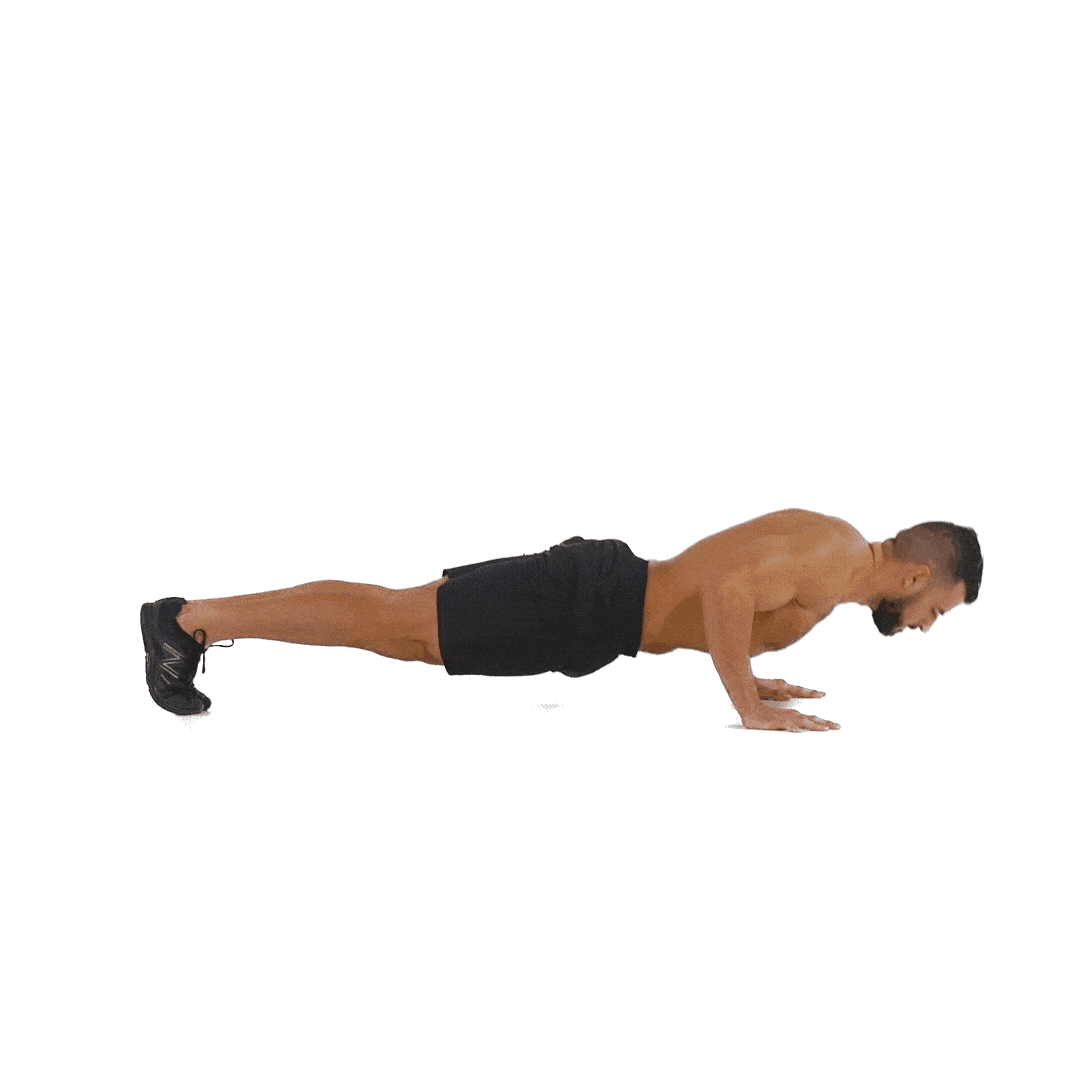
Let’s kick things off with the classic pushup. At first glance, it might seem like an upper-body move—and yes, it’s fantastic for your chest, shoulders, and triceps—but it’s also an incredibly effective core workout. Every rep challenges your abs, lower back, and hips to stay engaged and stable.
Why It Works
Pushups demand total body tension. Without a strong core, your hips sag, your back arches, and the form crumbles. By keeping your spine aligned and core braced, you’re essentially performing a moving plank.
How to Do It Right
- Start in a high plank position: hands directly under shoulders, legs straight, toes grounded.
- Engage your core and glutes like you’re bracing for a punch.
- Lower your body by bending your elbows, keeping them close to your sides.
- Go down until your chest almost touches the floor, then push back up.
Pro Tip
Can’t do a full pushup yet? No shame. Start with incline pushups using a bench or do them on your knees. Form over ego always wins.
Jumping Jacks
The Underrated Core Burner
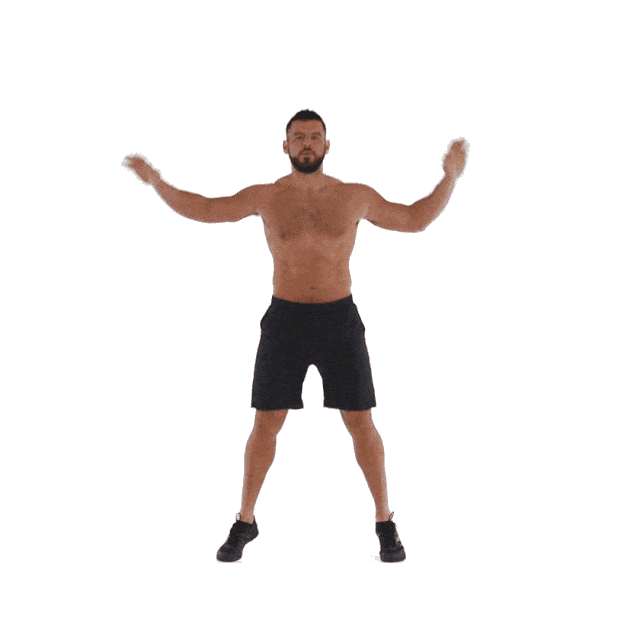
Yep, you read that right. Jumping jacks aren’t just for gym class. They’re a killer combo of cardio and core, especially when done with intention and proper form.
Why It Works
Jumping jacks activate the deep stabilizing muscles of your core to keep your spine upright as you move your arms and legs explosively. They also get your heart rate up, making them perfect for warm-ups or high-intensity intervals.
How to Do It Right
- Stand tall with your feet together and arms at your sides.
- Jump your feet out to the sides as you raise your arms overhead.
- Jump back to the starting position.
Pro Tip
Want to turn up the heat? Try power jacks—squat low with each repetition and drive through your heels when jumping up. Your legs and core will light up.
Alternating Lunge
Core Control in Motion
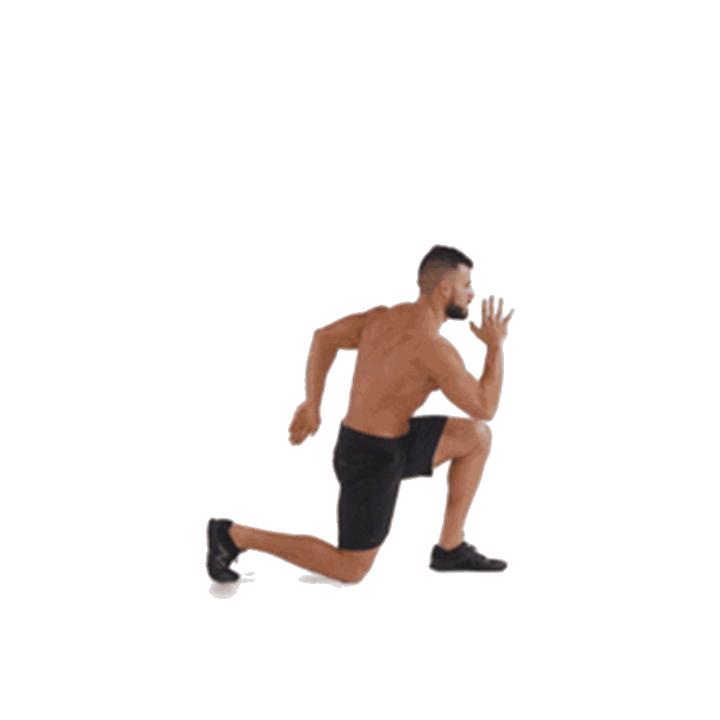
Lunges are often pegged as a leg exercise—and they definitely challenge your glutes, quads, and hamstrings—but when done properly, they’re a powerful core move too. Especially alternating lunges, which force your torso to resist rotation and side-to-side sway.
Why It Works
Your core has to work overtime to stabilize your body as you shift weight from leg to leg. It’s about control, coordination, and balance. If you’ve ever wobbled during a lunge, you know your core was caught off guard.
How to Do It Right
- Stand tall, hands on hips or clasped in front of your chest.
- Step forward with your right foot and lower until both knees are bent at about 90 degrees.
- Push off your front foot and return to standing.
- Repeat with the left leg.
Pro Tip
Keep your chest lifted and your core tight. Rushing through lunges makes them less effective and increases the risk of poor form. Slow it down, feel the burn.
Walkout to Plyo Pushup
The Full-Body Power Move
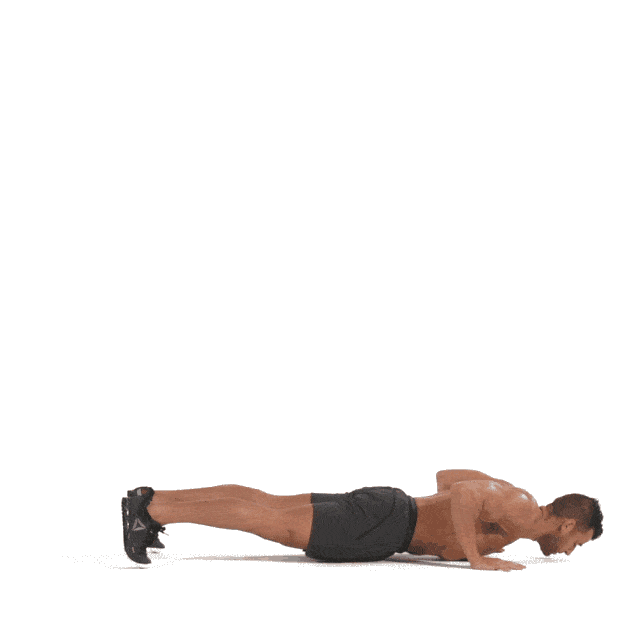
This one’s a beast—in the best way. It combines flexibility, mobility, explosive strength, and, you guessed it, core engagement. The walkout to plyo pushup is like the superhero version of your warm-up and strength work fused into one.
Why It Works
You’re stretching your hamstrings, activating your shoulders and chest, building power through your upper body, and—most importantly—stabilizing through your core every step of the way. The transition from a standing position to an explosive pushup demands coordination and core control.
How to Do It Right
- Start standing with your feet shoulder-width apart.
- Hinge at your hips and walk your hands out to a high plank.
- Lower into a pushup, and as you push up, add a little jump with your hands—just a few inches off the ground (that’s the plyo part).
- Walk your hands back and return to standing.
Pro Tip
Too advanced? Skip the plyo pushup and do a regular one. You’ll still get major benefits. Feeling strong? Add a tuck jump after you stand for an extra cardio kick.
Plank
The Ultimate Core Isometric
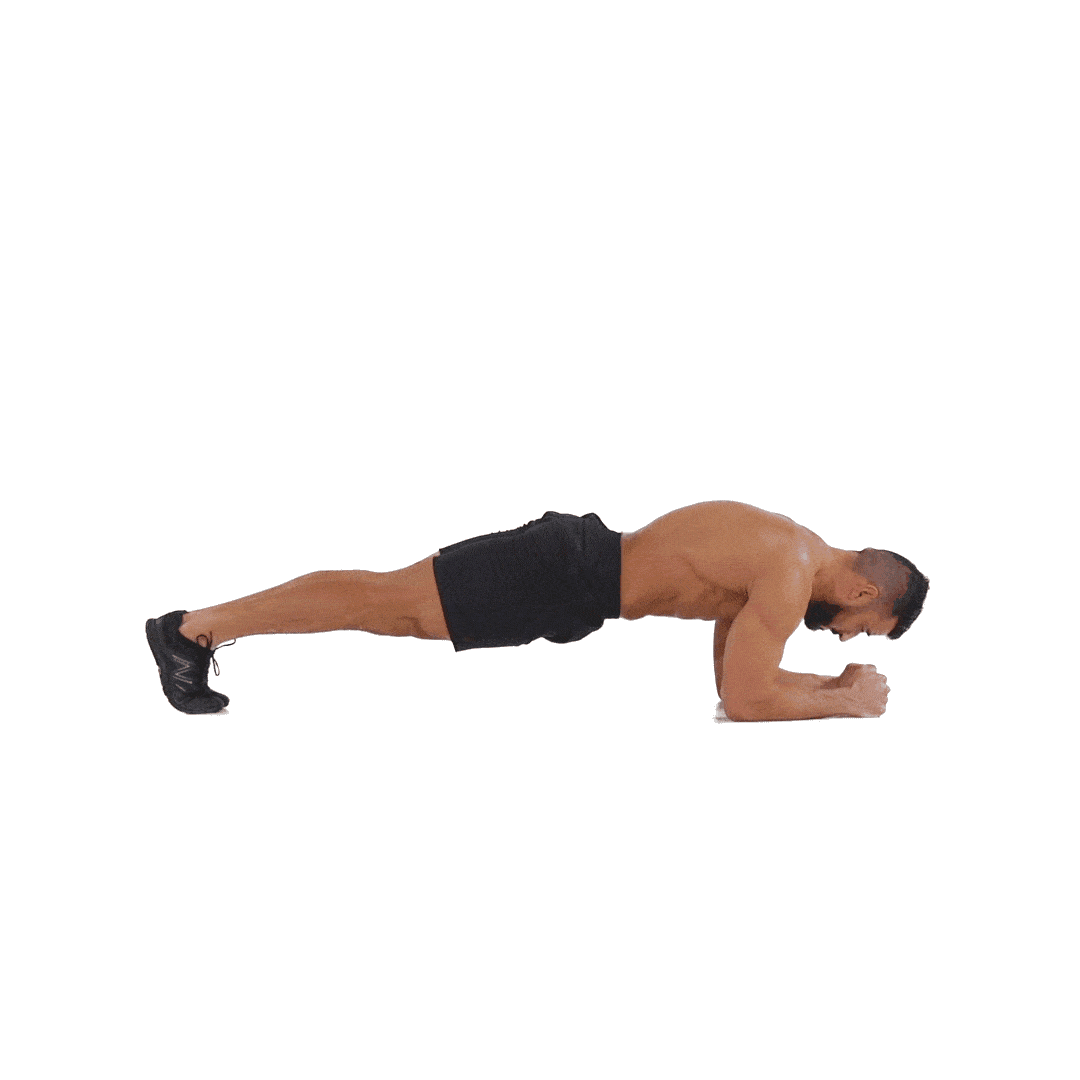
If there’s one exercise that belongs in every fitness program, it’s the plank. Simple? Yes. Easy? Not exactly. The plank is a masterclass in total-body tension and core stability.
Why It Works
The plank activates almost every muscle group: shoulders, arms, glutes, back, and especially the deep core muscles. Holding still under tension trains your body to resist unwanted movement, which is exactly what your core is supposed to do.
How to Do It Right
- Set up in a forearm plank or high plank (on hands), with elbows under shoulders and body in a straight line.
- Squeeze your glutes and brace your abs like you’re preparing for impact.
- Don’t let your hips sag or your butt stick up—think long and strong.
Pro Tip
Start with 30-second holds and build up. Focus on quality over duration. If your form breaks down, reset. Want more fire? Try plank variations like shoulder taps, knee drives, or side planks.
Bonus: How to Put It All Together
Now that you’ve got five core-crushing exercises, how do you make them part of your workout?
Here’s a simple Core Circuit you can try 2–3 times a week:
Core Blast Circuit (Repeat 3 Rounds)
- 10 Pushups
- 20 Jumping Jacks
- 10 Alternating Lunges (each leg)
- 5 Walkout to Plyo Pushups
- 30-second Plank Hold
Rest 30–60 seconds between rounds. Focus on control, quality, and breathing.
Why Core Training Matters More Than You Think
Training your core goes beyond aesthetics. It can improve posture, ease back pain, boost athletic performance, and make everyday activities like bending, twisting, and lifting feel smoother and safer. A strong core helps you move better in every direction—and in life, movement is everything.
So if your workouts have been heavy on arms and legs but light on core, it’s time to shift the balance. You don’t need hours of crunches or high-tech machines—just consistency, good form, and exercises that challenge your core in multiple ways.
And remember, strong doesn’t mean stiff. Train your core to resist, rotate, and stabilize. These five bodyweight exercises are a great place to start. They’re efficient, scalable, and, most importantly, effective.
Final Thoughts
You don’t have to spend an hour a day on abs to build a strong core. With just these five essential moves—pushups, jumping jacks, alternating lunges, walkout to plyo pushups, and planks—you’ve got a toolkit that hits your core from all angles.
Keep your form sharp, breathe intentionally, and challenge yourself without rushing. Your core will thank you—not just in how you look, but in how you feel and move every day.
So go ahead, roll out that mat or find a clear spot on the floor. Your stronger core starts now.
Consider incorporating dynamic core exercises like mountain climbers or Russian twists to further challenge your stability and coordination. These moves can add variety to your routine and target different muscle groups within your core. Additionally, integrating balance-focused exercises such as single-leg deadlifts can enhance your proprioception and core strength simultaneously.
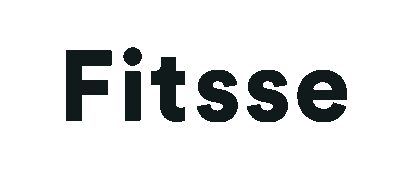

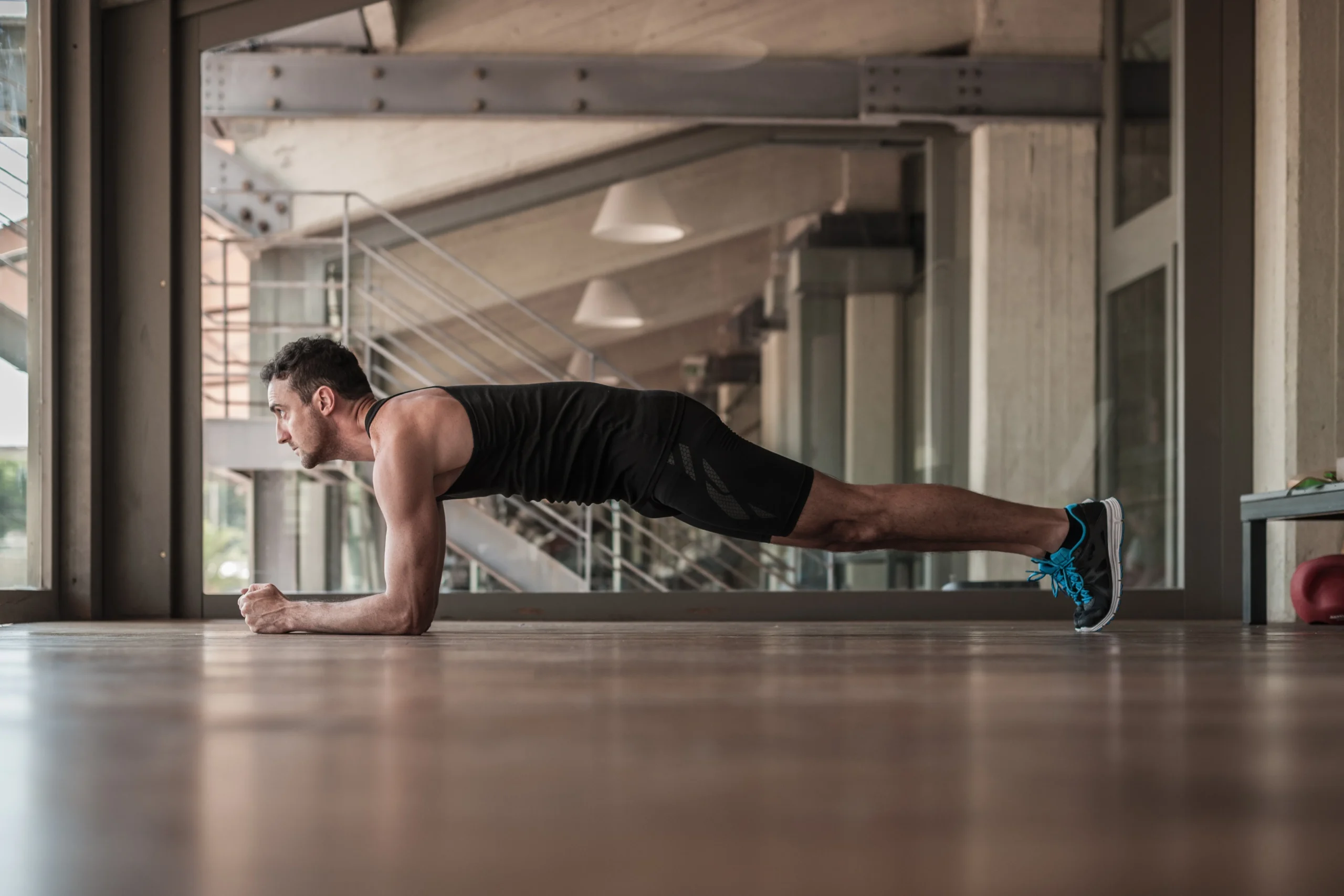




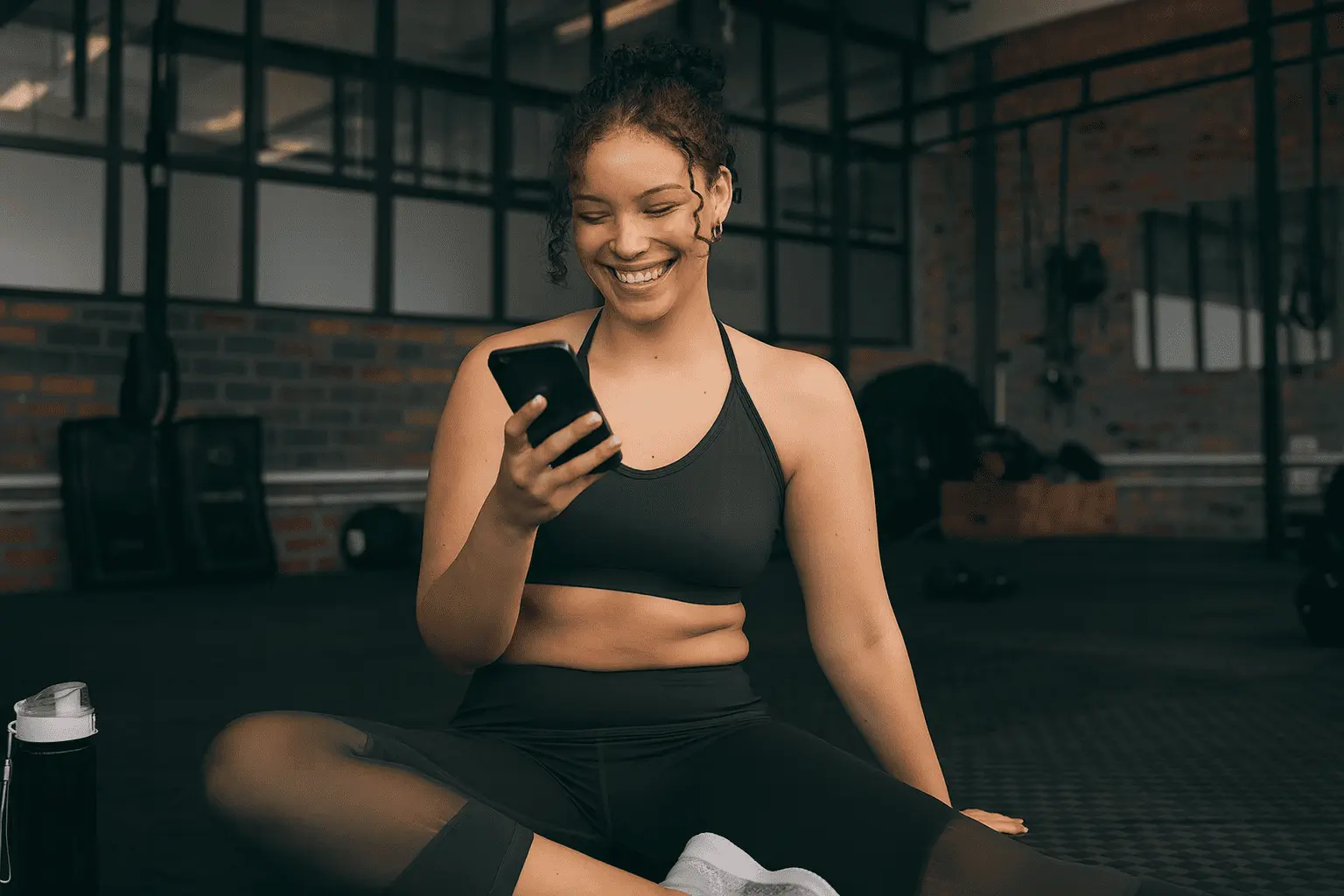
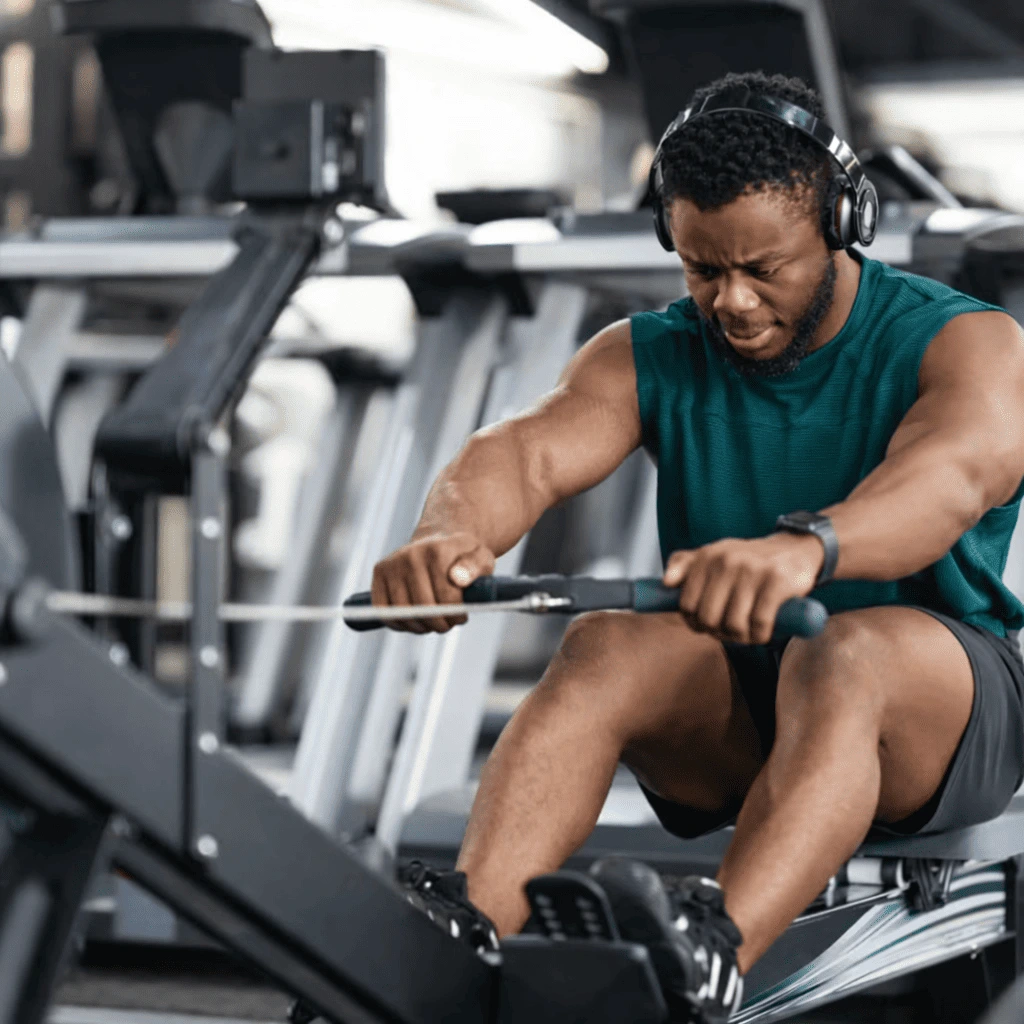
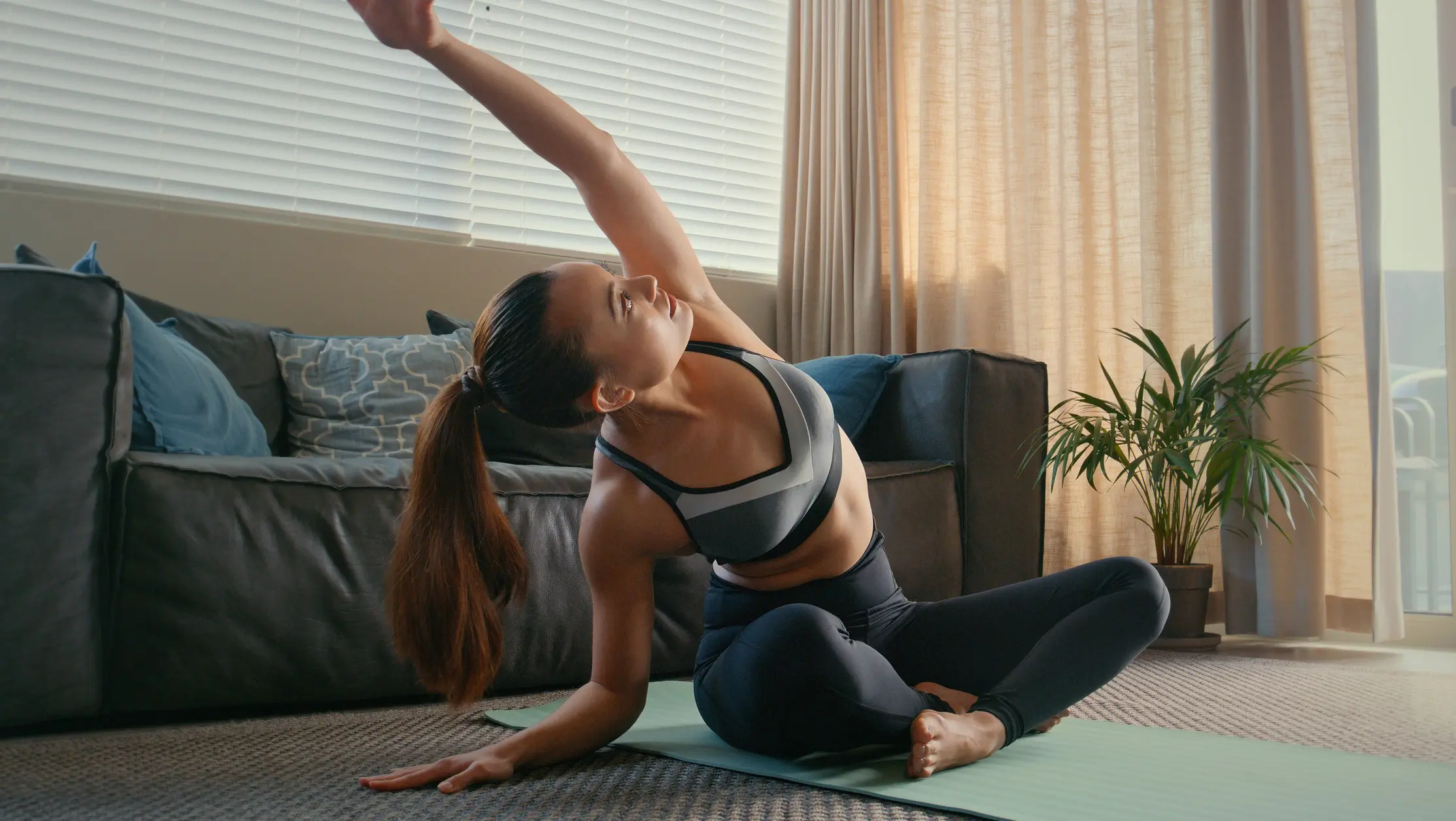


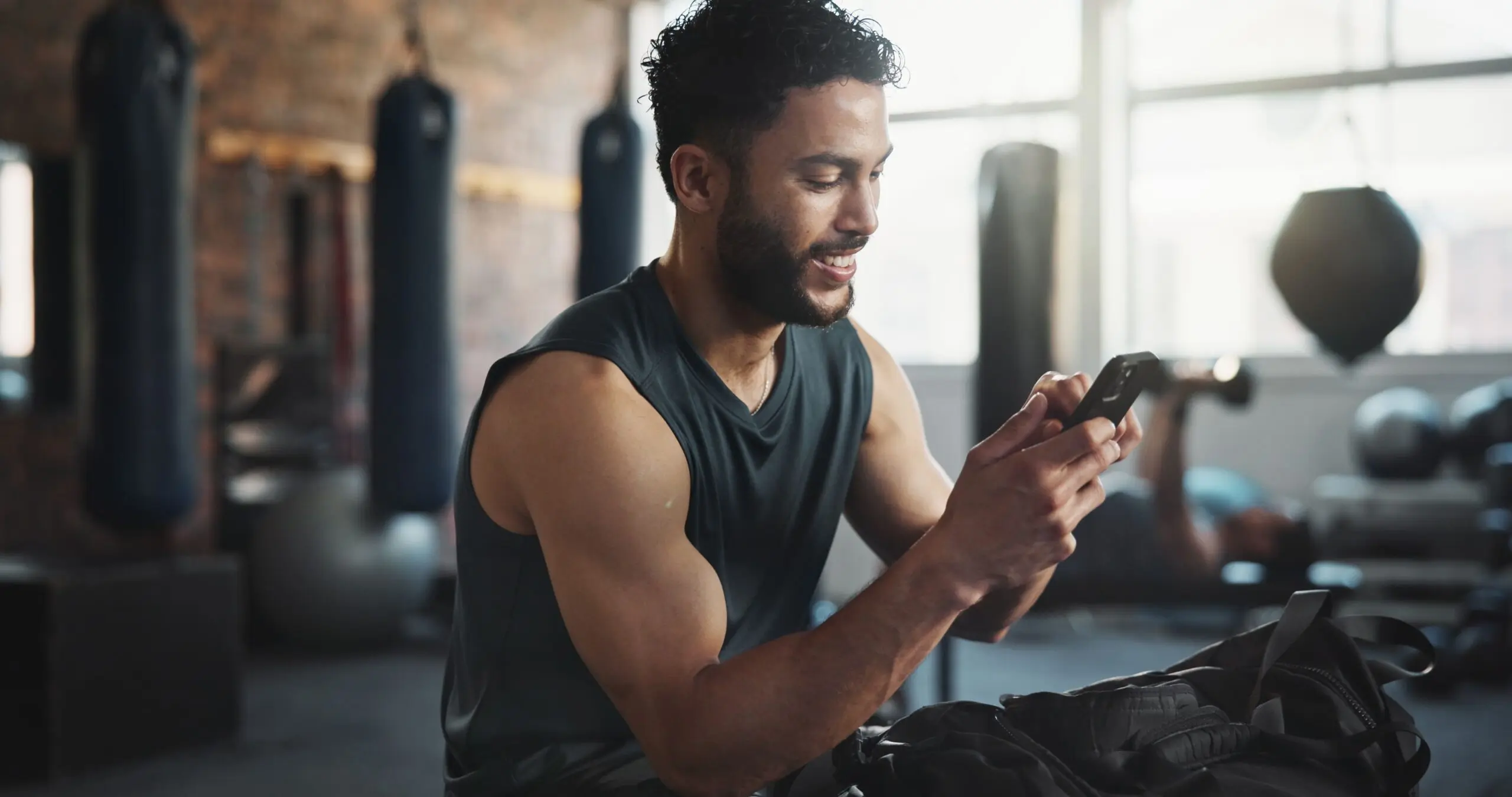



One Comment